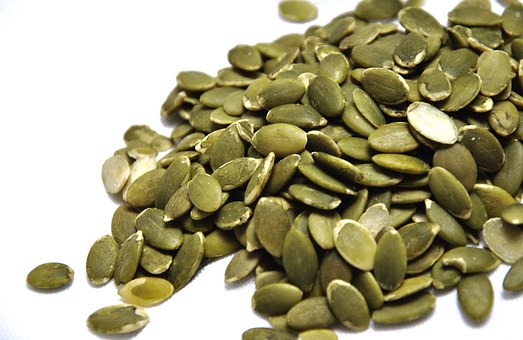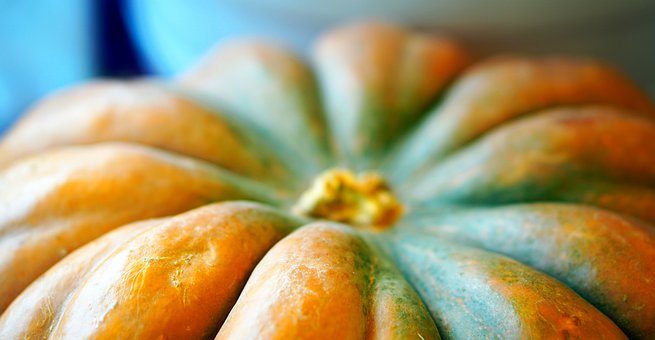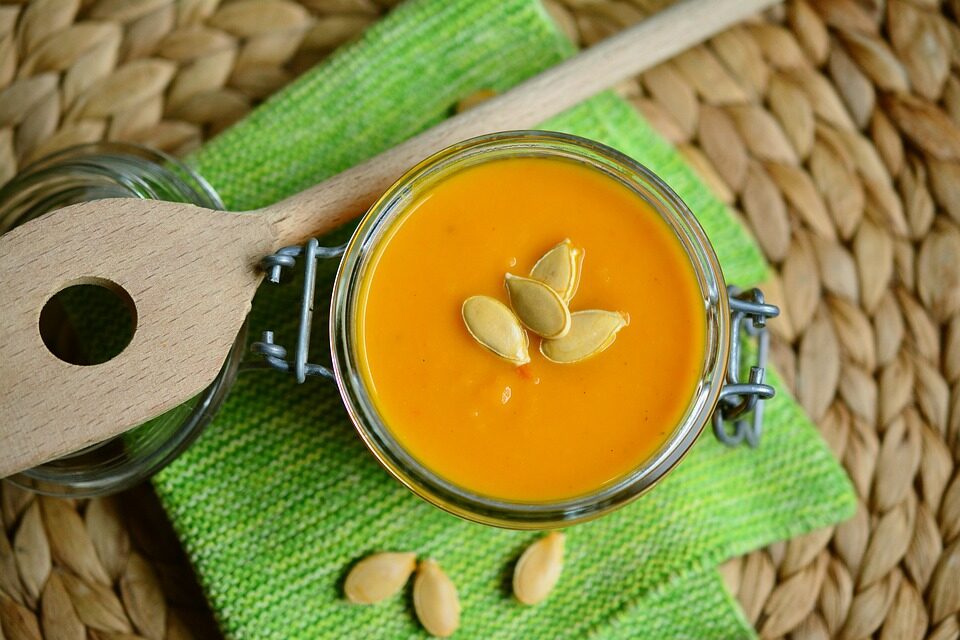Pumpkins have traditionally been a favorite fall food. Pumpkin pies are a staple at thanksgiving and all season long there is pumpkin seeds, soups, breads and more. Ever since pumpkin spiced lattes hit the scene pumpkin flavored recipes have been growing in popularity and provided us with many other ways to enjoy it in our meals. But is pumpkin just a tasty treat or does it have any nutritional value? Let’s take a look.

A reasonable amount of pumpkin to use as a serving size is about 1/2 cup for an adult so that is the amount we will use when talking about the nutrition facts. As far as protein and fiber go, there is around 1 gram each which is too low to count as a significant contribution to our daily recommended allowance of these nutrients. Where the low number comes as a huge gain is in the calories. Pumpkin is a low calorie food at only 25 per 1/2 cup. But we still have not answered the question of whether or not pumpkins contain any useful nutrition.
Vitamins and Minerals
Many people have not heard about Vitamin K but it is a very important nutrient for the human body. It is a fat-soluble vitamin that plays a role in blood clotting, bone metabolism, and regulating blood calcium levels. When Vitamin K is taken with Vitamin D the body can utilize them together to help calcium successfully get to the bones.
So while the fiber and protein were not of any true nutritional significance, there are many other ingredients that make pumpkin a healthy addition to our diets. One cup of pumpkin puree has about 250 percent of your daily value of vitamin A which supports your immune system.

Pumpkin is also made of mostly water with very low calories and sugar. That also makes pumpkin a great diet food that can be added to salads, hot cereals, sauces, soups and so much more! You can freeze chunks of pumpkin and add them to smoothies to act as a thickener and nutrient in one.

